It may seem counter-intuitive, but experience tells us that tough economic times call for action and innovation, not conservatism.
While concerned business owners keep an eye on the looming cloud of economic recession in South Africa, some might be tempted to cut spending where they can, in an effort to protect dwindling cash flow. But what if the answer to survival lies not in cutting your list of suppliers, but growing it in a smarter, more forward-thinking way?
Changing your procurement practices to be more in line with Enterprise and Supplier Development (ESD) is an under-utilised tool to help business owners reduce costs while maintaining their competitiveness. In addition, making use of smaller, more agile suppliers is one of the best ways to improve your business’s scorecard, vitally important if you hope to secure a steady flow of contracts.
Small means Nimble
Rationalising your supplier database doesn’t always mean shrinking it. There are many benefits to the supplier diversification that comes with going small. Without massive overheads, they are more than likely to meet, if not beat, your current price point, and they generally provide a better service. For a small supplier, a large corporate contract can be a make-or-break development, and many small suppliers are more than willing to develop new products and deliver better service in order to keep such lucrative partners, passing the cost cutting, time saving, and business-innovating advantages on to you.
The Benefits of Localisation
They may not have the clout (just yet) to serve you at a national level, but in an age where speed and convenience are of paramount importance, that may not be a bad thing. Small, regionally based suppliers are not only more agile and cost effective, they usually have long histories and strong networks in their own geographical areas. So, while it may take more suppliers to cover the same area, local suppliers can improve your customers’ experience and decrease turnaround times in a way that services individual communities more proficiently.
Building SMEs also has a profound effect on the surrounding community. By contracting with these suppliers, you’re helping increase spend and consumption, while promoting job creation on a local level and boosting the economy.
A Glowing Scorecard
Enterprise and Supplier Development now contributes a whopping 40% towards a business’s overall B-BBEE score, and large corporates as well as government organisations are increasingly eager to partner with businesses who can help them improve their overall rating. Taking on small SME suppliers, who are themselves empowering employers, can be one of the best ways to boost your rating, and therefore, the chance of landing the lucrative contracts that can make all the difference when there’s less and less business to go around.
A recession in the economy doesn’t mean a slowdown for business, but rather presents an opportunity for companies to cut costs in a way that will benefit them in the long run. Adopting the right ESD strategy will help achieve this.
Read our insights around the four ways you are able to ensure your organisation is ready for preferential procurement, by downloading our eBook, today.


